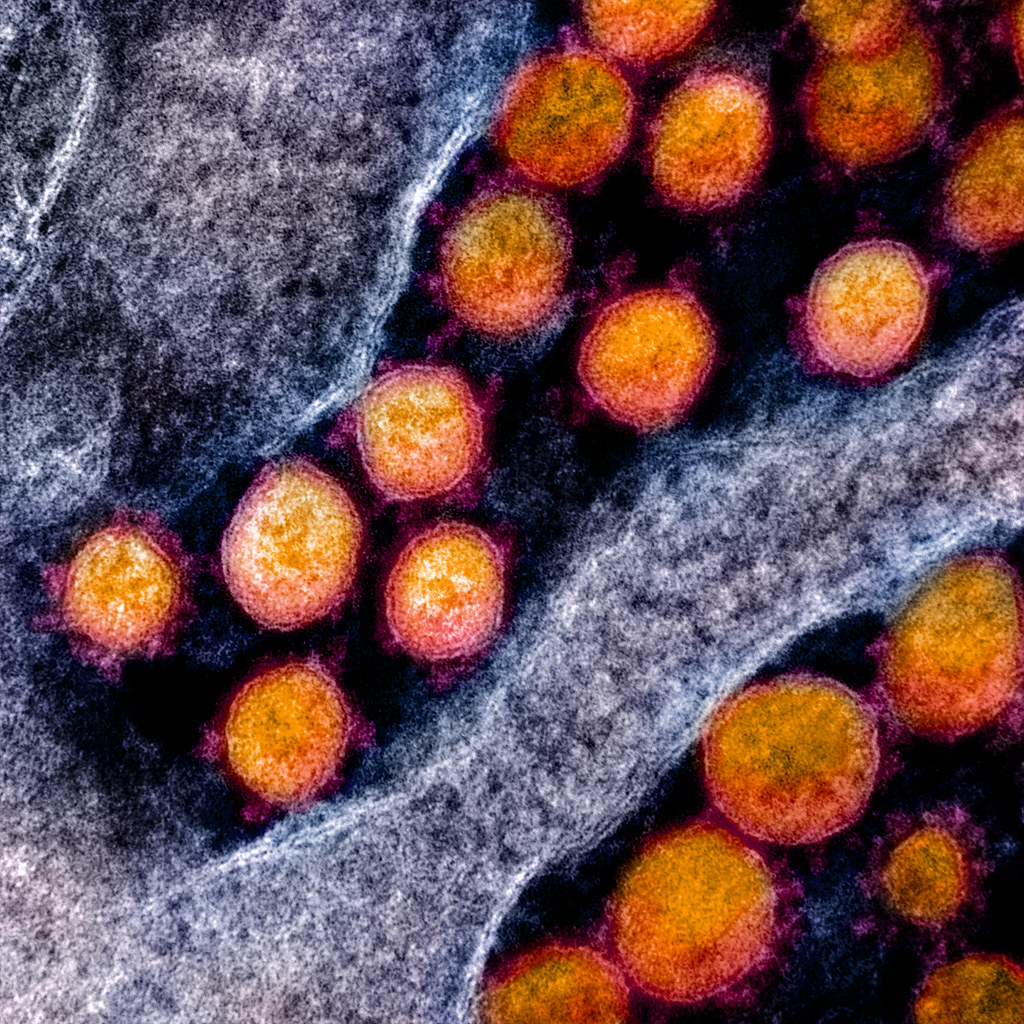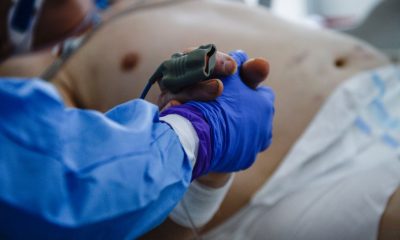COVID-19 vaccines do not provide absolute protection against the novel coronavirus. Even fully vaccinated individuals are at risk of getting infected and transmitting the disease. So in case you or any member of your family gets COVID-19 amid the delta surge, here’s what you should do to ensure a better outcome and prevent the further spread of the virus.
What Is A Breakthrough Infection?
The Centers for Disease Control and Prevention (CDC) has defined breakthrough infection as a condition when a person gets infected with the virus despite obtaining the recommended doses of any of the authorized vaccines. In more specific terms, this is the detection of SARS-CoV-2 RNA, the one responsible for COVID-19 infection, in a respiratory specimen collected less than or exactly 14 days after the person received the final dose of any recommended vaccine.
The public health agency said in its COVID guidance that while the approved vaccines are effective against the novel coronavirus and in bringing the pandemic under control, no vaccine is really 100% effective against the virus. As such, even vaccinated people are at risk of getting sick and even transmitting COVID-19. But it’s worth noting that only a small percentage of the fully vaccinated population can get sick, hospitalized, or die from the respiratory illness.
The main goal of the government’s vaccination programs is to make COVID-19 less severe for the people who have been inoculated. Although reports on breakthrough cases focus more on the fully vaccinated individuals who suffer or experience the symptoms of COVID-19, there is some evidence that vaccinated people could also be asymptomatic. In such cases, it would be a bit hard to keep track and monitor the possible transmissions they could bring to other people.
Are Breakthrough Infections A Sign Of Vaccination Failure?
Just like what the CDC said about vaccines being not 100% effective in preventing transmissions, infectious disease doctor Edward Jones-Lopez indicated that breakthrough infections are actually bound to happen. It’s the same case with the vaccines for other diseases, such as measles and influenza. Therefore, breakthrough cases should not be viewed as a sign that the COVID-19 vaccines are not working the way they are supposed to.
“What we need to keep in mind is that all of the vaccines, although very effective, are not perfect. There are still cases of COVID occurring despite the vaccinations,” Jones-Lopez, who is affiliated with Keck Medicine at the University of Southern California, told Smithsonian magazine of the vaccines being rolled out in the United States and Europe.
Unbeknownst to many people, while the measles vaccine is deemed incredibly effective against the acute viral respiratory illness, it still fails to protect about 3% of inoculated individuals. Meanwhile, scientific data has shown that even the polio vaccine does not totally prevent the paralysis caused by the polio virus. It is known to be 80% to 90% effective at preventing the condition.
What To Do If You Have A Breakthrough Infection
CNN Medical Analyst Dr. Leana Wen, who is an emergency physician and a visiting professor at the George Washington University Milken Institute School of Public Health, recently spoke up on what the public should know about breakthrough infections if they or someone in their family has it. According to Wen, strict isolation protocols should be followed the moment someone who has been fully vaccinated still tested positive for COVID-19.
“Someone who’s vaccinated and tests positive for COVID-19 should definitely follow strict isolation protocols because we have to assume that the person is contagious and able to infect others,” Wen told KETV 7. She added that if that person is symptomatic, they should isolate for at least 10 days from the first day they started experiencing the symptoms. However, they can end the isolation early once their symptoms have improved, or if they haven’t had a fever for more than 24 hours. For breakthrough cases that are asymptomatic, the patient is advised to complete the 10-day isolation after testing positive for the virus.
People with breakthrough infection are strongly advised to stay in a room or a part of the house away from other members of the household. This means they should not have any close contact with their family or the other people living in the house. It is also a must for other people in the household to get tested to determine if some sort of transmission has transpired within the premises of the residential unit. On the other hand, fully vaccinated individuals who get exposed to a household member who has COVID-19 are not obligated to quarantine unless they develop symptoms. But they should still get tested following the exposure and practice the safety protocols, according to Wen.
















